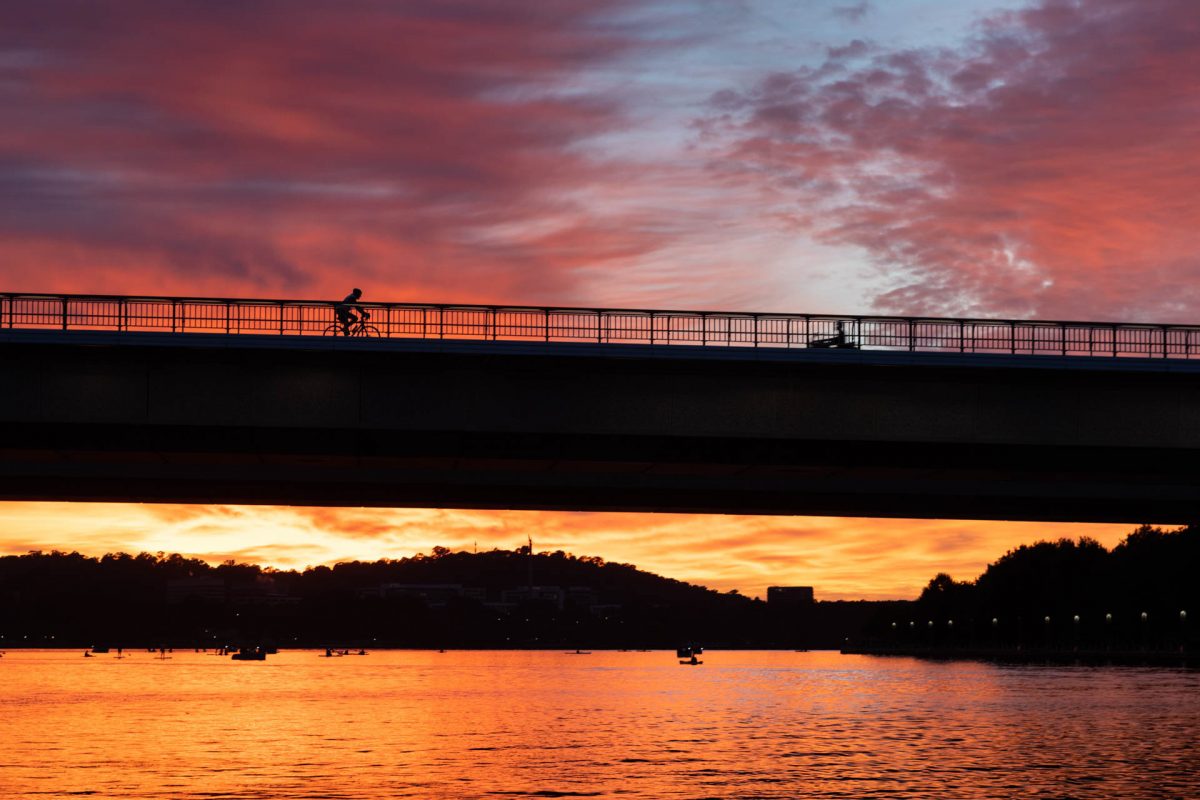
By now it’s a long wait for the sun to rise, thanks to daylight saving. Photo: Michelle Kroll.
Only two weeks to go.
I don’t know about you, but I’m sick of having to get up in the dark. It’s pitch black, and there’s not even a glimmer on the horizon as dawn breaks. Hell, the other morning, the moon was still well up. At least that delivered a little light.
I’ve never been a big fan of daylight saving time, but at least over the summer, the extremes of light and dark are not so noticeable. But why does it have to start in October, just as the recovery from winter is taking place, or end in April, well into the autumn?
For those of us who like to take our walk in the morning to blow out the cobwebs and get the motor sputtering for the work day ahead, daylight saving is a nightmare.
Just as one emerges from the winter shutdown and the sun rises at a more agreeable time, we lose an hour and it’s back to the cave.
Over summer, the cool of the morning is the ideal time for a stroll, especially given the afternoon is when the day hits peak heat. Who needs an extra hour then?
I’ve never understood why the south needs daylight saving. At least in Queensland, an extra hour of light might offer some purpose.
I remember living in Christchurch, and it was almost like being in the land of the midnight sun.
When daylight saving ends on 6/7 April, the sun will rise at about 7:20 am. It’s going to be like living in Stockholm.
For most people who have day jobs and are slaves to the clock, there will be little energy savings in their households.
Just like during the summer when the air con kicks on as one waits for the dark to bring some relief from the blinding heat.
We’ve been lucky these last few years, but big summer will be back.
Then there are parents desperately trying to convince small children, who may be goggle-eyed tired but still see the sun up, that it’s time for bed.
Invest in blackout curtains is my advice for your own sanity.
I know a big bunch of you out there love that extra light at the back end of the day to cut the grass, play sports, or just hang out with a cold drink by the lake after work.
But does it have to be six months of the year?
And when the changeover comes, it’s not over in a day. Experts say the disruption to sleep patterns and circadian rhythms usually takes up to a week to get over.
For the time and motion geeks, that lowers productivity by at least two weeks of the year.
I realise it’s probably futile to expect daylight saving to be scrapped, wedded as we are to our surrounding jurisdictions.
But for me, there’s never been anything wrong with God’s time, and I’ll gladly welcome it back.
Original Article published by Ian Bushnell on Riotact.
















